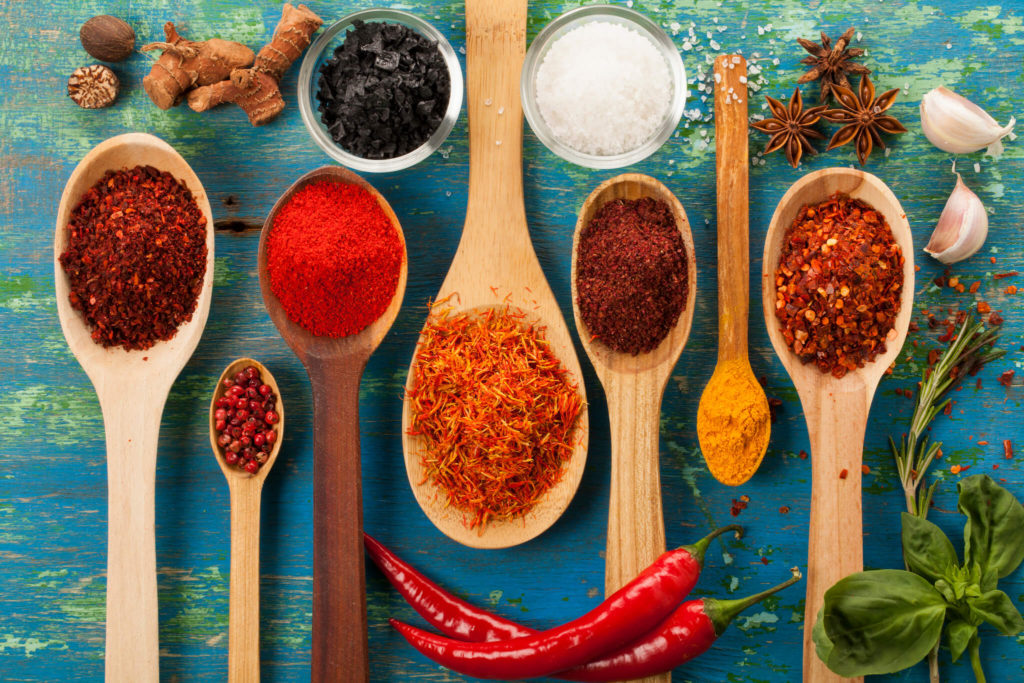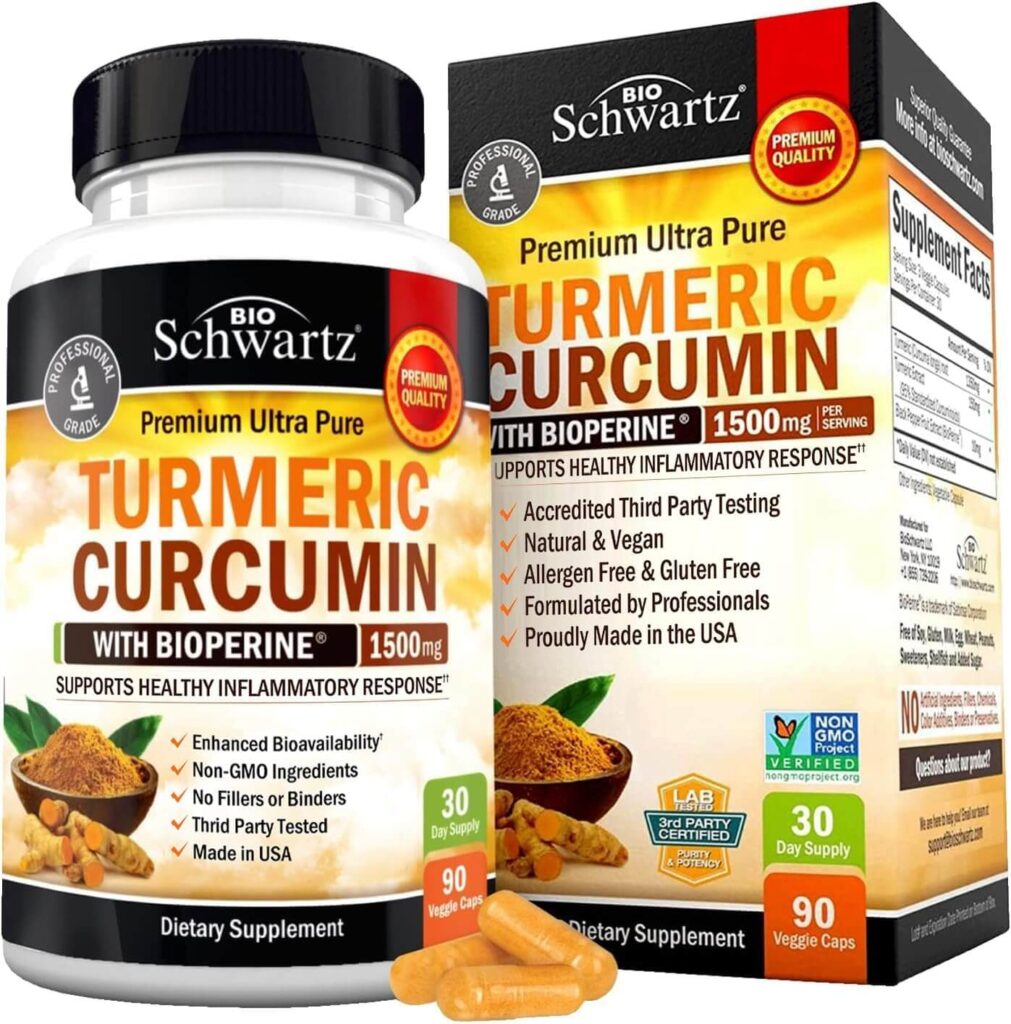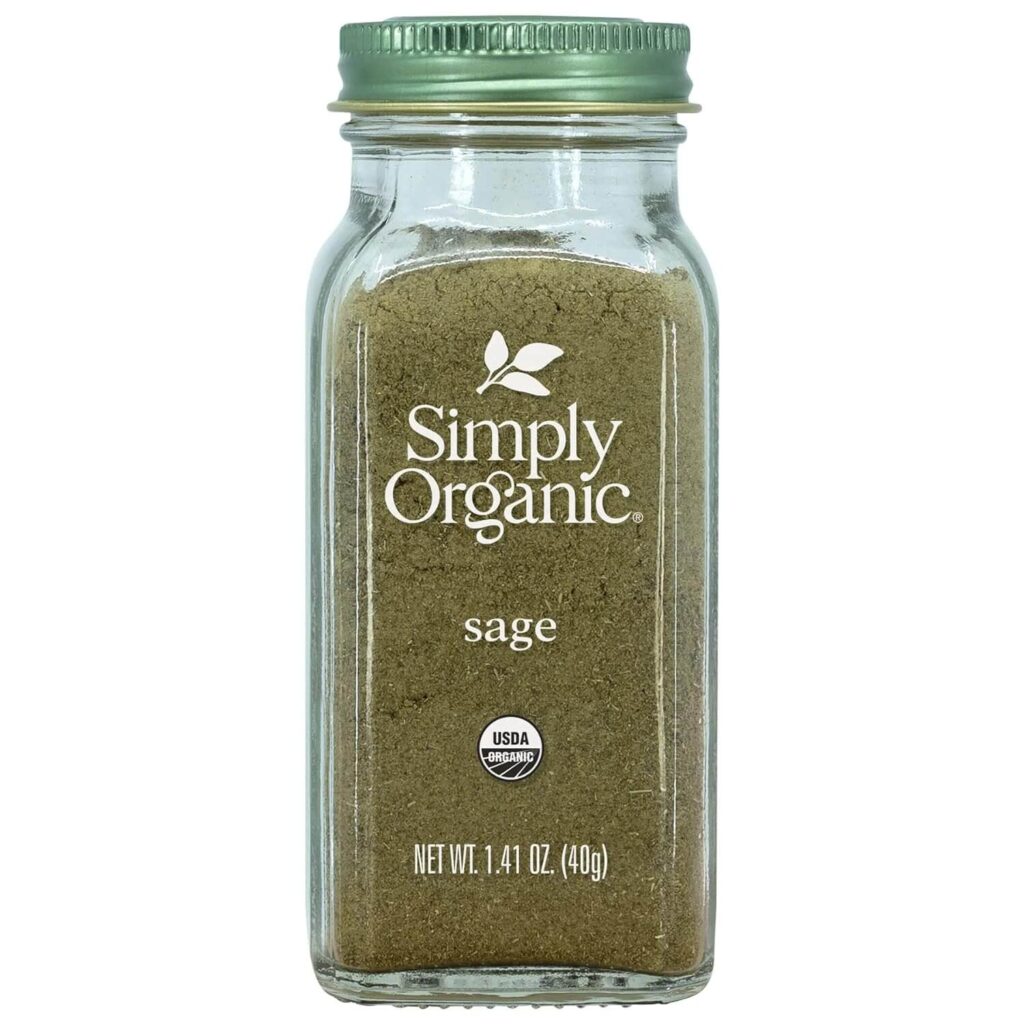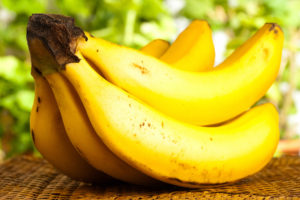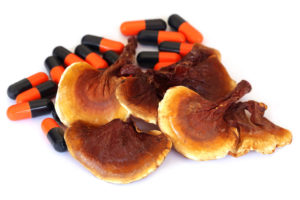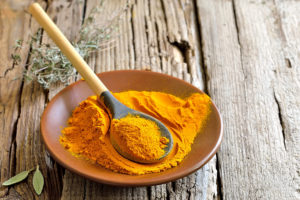By Dr. Kristie Leong M.S, M.D
The human brain is a complex and fascinating organ. Not surprisingly, there has been much research done to understand its workings and capabilities. One area of interest is how dietary factors, such as spices, impact brain function.
For example, studies show that incorporating certain spices into your diet could have a positive impact on cognitive function and brain health. Additionally, many spices have powerful antioxidant properties, which help protect the brain from damage caused by free radicals. Let’s look at some of the most promising spices for improving brain function and how they can be incorporated into your diet.
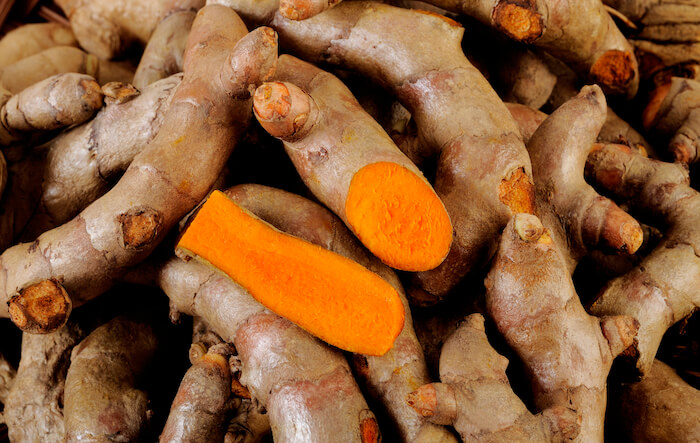
TURMERIC
Turmeric is a bright yellow spice popular in Indian cuisine. It has a slightly peppery and earthy flavor and is often used to give dishes a warm and vibrant color. Not only does turmeric add flavor and color, but it also has potential health perks. Studies suggest it could have benefits for brain health.
A small clinical study in 2018 found that taking a specific curcumin branded ingredient (Theracurmin) 90 mg by mouth twice daily for 18 months improved memory and attention in healthy, older adults. Curcumin may also have beneficial effects on Alzheimer’s disease due to its anti-inflammatory, antioxidant, and metal-chelation properties.
Turmeric is easy to incorporate into your diet by adding it to dishes such as curries, stir-fries, and soups. You can also add this earthy spice to smoothies and juices or take it as a supplement in capsule form. Talk to your physician before taking a turmeric supplement since it may interfere with some medications.

CINNAMON
Cinnamon is another spice that could positively affect brain function. Research suggests the scent of cinnamon can improve performance on several types of memory tasks. It may also have beneficial effects on improving depressive and anxiety disorders in mice, and this may also be the case in humans.

Cinnamon is a great way to add flavor to your meals without adding extra sugar or calories. It’s easy to incorporate into your diet – simply add it to your morning coffee or tea, sprinkle it on oatmeal or yogurt, or even use it to top toast, fruit, or desserts.
Not only does cinnamon add a warm, sweet flavor to your meal, but also a diet that contains cinnamon has been linked to improved blood sugar levels and lower cholesterol.

GINGER
Ginger is a popular spice used in cooking. It may have many health benefits, including improving brain function.
As discussed on Healthline.com, a 2012 study of healthy middle-aged women found that daily doses of ginger extract improved reaction time and working memory. Another study showed that ginger was effective in reducing symptoms of depression and anxiety in patients with major depressive disorder.
Ginger is a delicious and versatile spice you can easily include in your diet. It offers a wonderfully subtle and pungent flavor to dishes like stir-fries, soups, and stews. You can also add ginger to smoothies and juices for an extra zing of flavor. If you’re looking for an easier way to take ginger, it’s also available in capsule form.
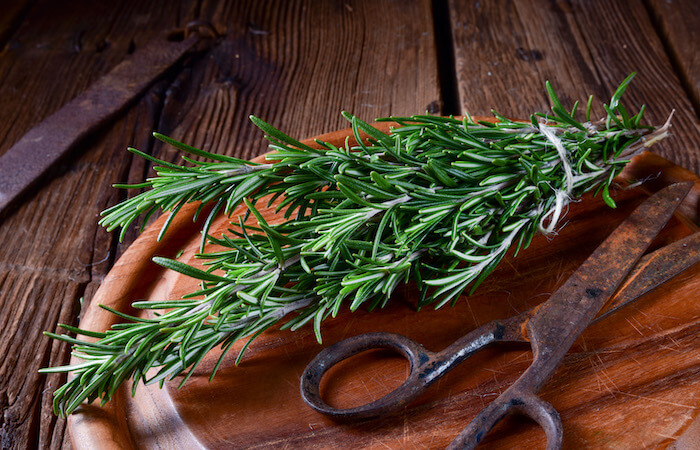
ROSEMARY
Studies show that the aromatic herb rosemary may have benefits for brain health. A 2020 study found that rosemary extract improves working and spatial memory deficits, enhances memory quality, and boosts mental alertness.
Rosemary is also a delightful and flavorful addition to recipes. You can easily add it to dishes, such as roasted vegetables, meat dishes, and soups. For a delicious salad dressing, mix rosemary with a few tablespoons of extra-virgin olive oil and a touch of salt and pepper.
You can also sprinkle a pinch of rosemary on top of a juicy steak or sprinkle some on a mound of mashed potatoes for a unique and flavorful twist. Adding rosemary to your dishes is a satisfying way to enjoy the amazing taste and health benefits of this herb.
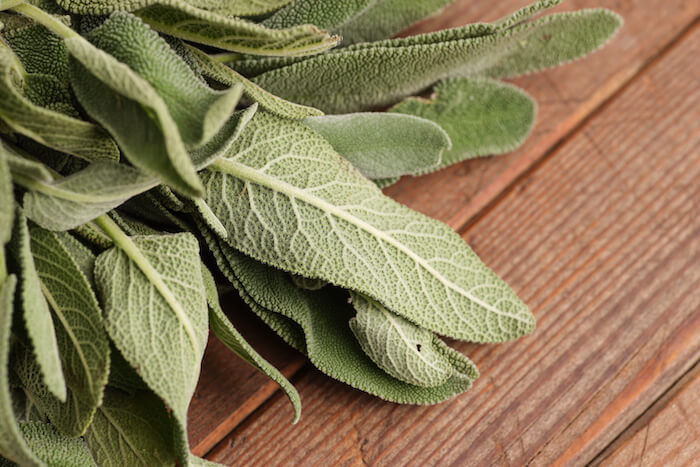
SAGE
Sage is another aromatic herb that has positive effects on brain function. According to LifeExtension.com, sage extract can improve working memory and accuracy tasks both acutely and chronically, as well as increase memory performance in older adults by up to 60%.
Sage is surprisingly easy to incorporate into your diet, adding a delicious flavor to a variety of dishes. Whether you’re roasting meats, making a sauce, or a soup, sage is the perfect addition to enhance the flavor. You can even add it to olive oil for a tasty and flavorful salad dressing. If you’re looking for an extra boost of flavor, try adding a sprinkle of sage to your next meal. It’s an easy and delicious way to spice up any dish!
Conclusion
Summing up, adding certain spices to your diet may help improve your cognitive function and brain health. Spices contain various antioxidants, vitamins, and minerals that can help reduce inflammation and support healthy brain function.
While more research is needed to definitively determine the brain-boosting effects of spices, it’s clear that adding a variety of spices to your diet may have a positive effect on your overall health. Enjoy!
ABOUT THE AUTHOR:
Dr. Kristie Leong M.S, M.D. is a family practice physician knowledgeable and passionate about the role nutrition plays in health and well-being. With a Master of Science in Medicine and a medical degree from the Virginia Commonwealth University School of Medicine. Dr. Leong has written e-books on the role nutrition plays in various diseases. She runs a website at histaminedoctor.com that helps people with histamine intolerance make healthier food and lifestyle choices. She is committed to helping people of all ages achieve optimal mental and physical health through healthy lifestyle choices.
References:
Mishra S, Palanivelu K. The effect of curcumin (turmeric) on Alzheimer’s disease: An overview. Ann Indian Acad Neurol. 2008 Jan;11(1):13-9. doi: 10.4103/0972-2327.40220. PMID: 19966973; PMCID: PMC2781139.
Natural Medicines – Does turmeric improve memory? (2018). Therapeuticresearch.com. naturalmedicines.therapeuticresearch.com/news/news-items/2018/may/does-turmeric-improve-memory.aspx#:~:text=New%20data%20shows%20that%20it,attention%20in%20healthy%2C%20older%20adults.
Sohrabi R, Pazgoohan N, Seresht HR, Amin B. Repeated systemic administration of the cinnamon essential oil possesses anti-anxiety and anti-depressant activities in mice. Iran J Basic Med Sci. 2017 Jun;20(6):708-714. doi: 10.22038/IJBMS.2017.8841. PMID: 28868126; PMCID: PMC5569441.
Marghi Merzenich. (2014, July 28). 5 Proven Brain Benefits of Cinnamon. BrainHQ from Posit Science. brainhq.com/blog/5-proven-brain-benefits-of-cinnamon
Leech, J. (2021, March 15). 11 Proven Health Benefits of Ginger. Healthline; Healthline Media. healthline.com/nutrition/11-proven-benefits-of-ginger
Reno, N. (2022, April 12). What spices and foods can help with anxiety and stress? University of Nevada, Reno; University of Nevada, Reno. unr.edu/nevada-today/news/2022/atp-food-spices-anxiety-stress
Ghasemzadeh Rahbardar M, Hosseinzadeh H. Therapeutic effects of rosemary (Rosmarinus officinalis L.) and its active constituents on nervous system disorders. Iran J Basic Med Sci. 2020 Sep;23(9):1100-1112. doi: 10.22038/ijbms.2020.45269.10541. PMID: 32963731; PMCID: PMC7491497.
Downey, M. (2023, February 3). Protect Brain Function with Sage Extract. Lifeextension.com; Life Extension Magazine®. lifeextension.com/magazine/2019/12/protect-brain-function-with-sage-extract
YOU MAY ALSO LIKE:
MAY A BANANA A DAY KEEP THE DOCTOR AWAY?
There is archeological evidence proving that bananas were cultivated as early as 8000 B.C. in New Guinea. Nowadays, they are one…
6 HOLISTIC WAYS TO RELAX
By Tess DiNapoli Relaxation plays a vital function in dampening stress levels and helping us restore our mental and physical wellbeing….
THE HEALING POWER OF MUSHROOMS
“Traditionally valued for their health benefits as well as their nutritional value, modern research is now confirming the therapeutic properties of…
ARE YOU STRESSED OUT?
Are you feeling stressed out? Increase the feelings of harmony between your mind and body by adding yoga to your daily…
TURMERIC: INTRODUCTION TO AN HERBAL POWERHOUSE
Among all the medicinal herbs, turmeric is the one with the most wide-ranging scientific validation. Though originally used in Ayurveda and…
CHI NEI TSANG – WHAT YOU NEED TO KNOW
Chi Nei Tsang (CNT) is a healing practice developed by the Taoist monks in ancient China. Chi Nei Tsang translates into…

